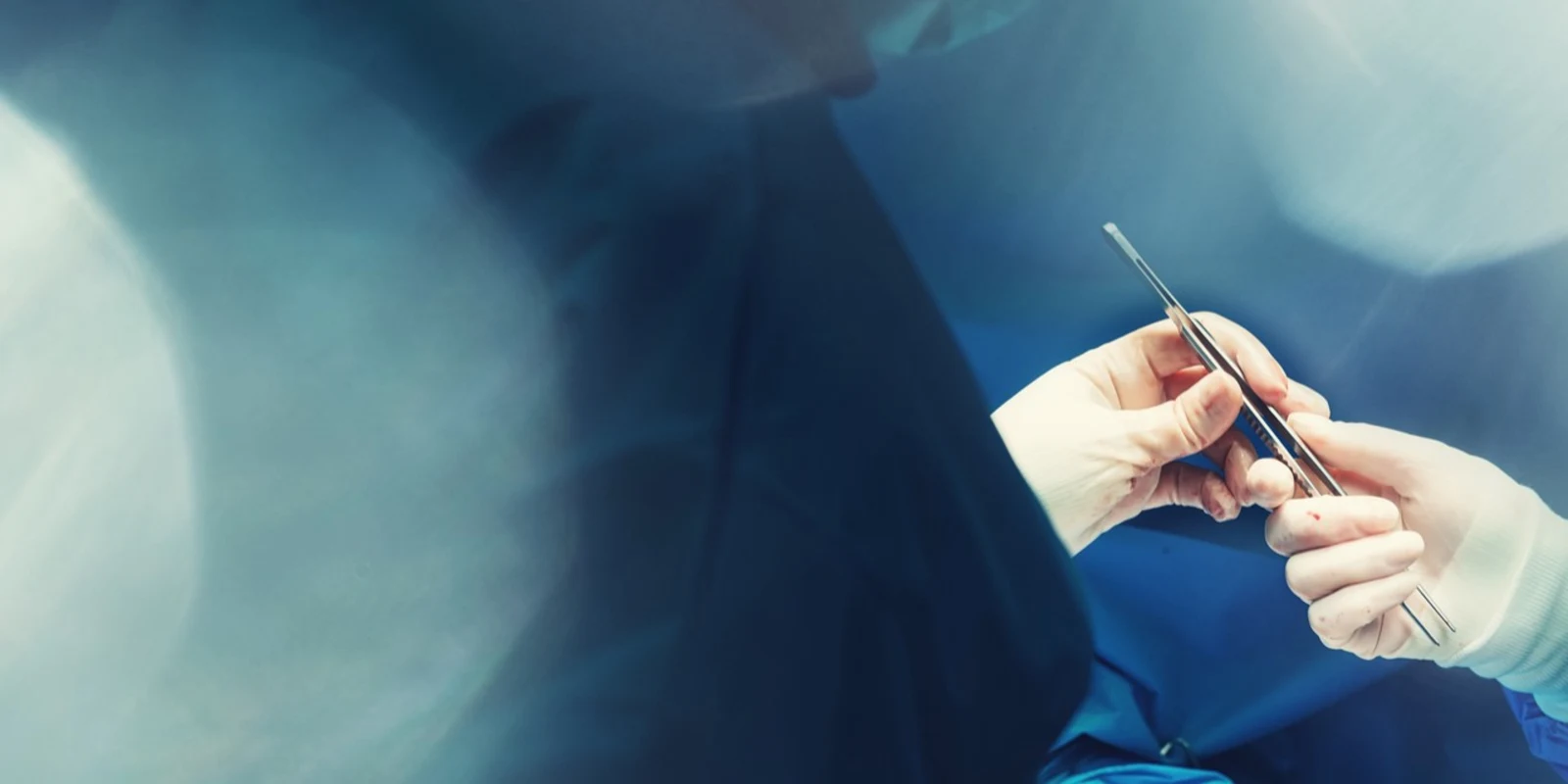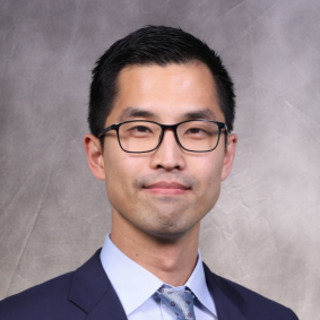
As a surgical trainee, I feel the need to improve my performance after every operation.
As my novice hands struggle to keep up with the delicate choreography on that brightly-lit stage, their imperfections are painfully apparent. My mentors constantly point out skills that I need to hone to become a better surgeon. My clumsiness occasionally even leads to minor complications such as increased bleeding. These weigh heavily on me, and I leave the OR with a firm resolve to be better by the next time I perform this task.
This desire — to prove to ourselves and others that we can do better — is a familiar feeling to all of us, regardless of what we do. For me, it is reminiscent of earlier memories in life: walking off the soccer field after losing a match, or packing up my instrument after a failed audition. These moments, too, imbued me with the same resolve.
Back then, the prescription for improvement was always the same: to practice more. It was not an option, but rather an expectation. The coaches who led the team to perform on the field also led us to practice off the field. It was made clear that practicing was an entirely separate entity from performance that deserved the same level of effort. Counting the days until the next match or audition, I would practice for hours on end until I felt prepared to redeem myself.
However, I find that a similar emphasis on practice does not currently exist in the culture of surgical training. It is commonly accepted that “practicing” inside of the OR is sufficient. There is skepticism regarding the efficacy of practicing outside of the OR, as most available training methods bear little resemblance to the real-life operative experience. Scarce time and energy given the high demands of residency and beyond is limiting factor, the paucity of literature on the right ways to practice is another.
These concerns are reasonable. After all, we are scientists who have been taught to test any assertion. However, it is time for us to start gleaning lessons from other high-performance fields who have far more experience in training and have much to offer on this subject.
Professional athletes and musicians practice throughout their entire careers. They tirelessly rehearse drills instead of waiting for real-time performances, knowing that some of the most effective practicing methods are sometimes the furthest removed from the field. They unequivocally accept the value of practicing starting at young ages, even without assurance from randomized controlled trials.
As the surgical training environment is changing towards having fewer working hours, less operative autonomy, and more administrative, legal, and quality-oriented oversight, we have much to learn from their culture. Practicing outside of the OR may become obligatory. What’s more, these benefits will not only help us, but also our patients, as our field is one of the few that directly influences another human being’s livelihood.
Admittedly, there have recently been increased efforts by many surgical educators to encourage practicing among trainees, often using boot camp and other simulation models. These studies have demonstrated efficacy in improving trainee performance. However, these options yet remain sparse, underutilized and largely educator-driven. We need strong buy-in from trainees as the true potential of these projects await our cultural transition.
As I reflect on how critical practicing has been to my experiences in the past, I am compelled to carry over several lessons related to practice into my surgical training.
First, operating does not count as practicing. Effective practicing ought to breakdown a complex task into more easily-digestible components, and specifically target our weakest areas. Doing an operation and performing drills have distinct, yet complementary, benefits to training.
Secondly, practice is not meant to be immediately gratifying. Any performer knows that even minor gains can be slow, tedious, and frustrating. We should approach practice with patience and faith in the process instead of looking for instant gratification. We know that we are growing even though we may appear the same in the mirror day-to-day.
Lastly, if not to get ahead in your abilities as a surgeon, consider practice a duty towards your patients. When countless patients’ lives depend on your performance every day, is the goal of training to be good enough, or to be the absolute best one can be?
Jason Han, MD, is a cardiothoracic surgery resident at the University of Pennsylvania. He is a 2018–19 Doximity Author.







